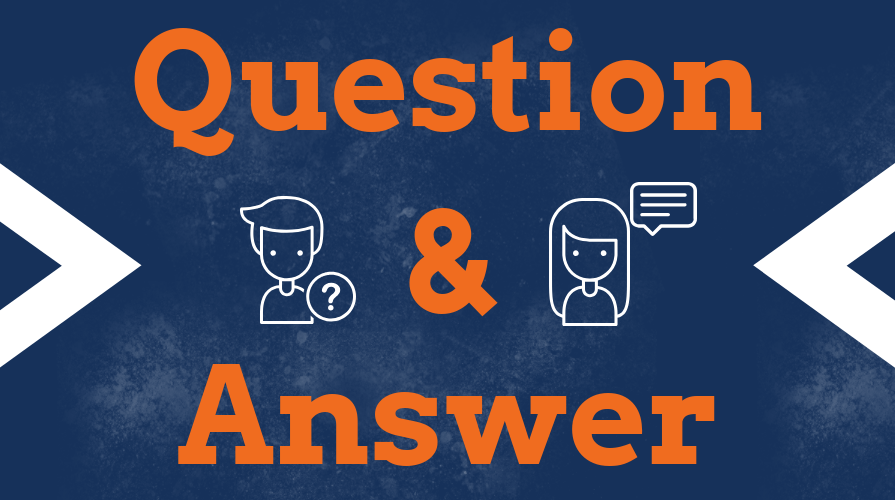HR's Role in Employee Mental Health
Recent celebrity suicides have brought national attention to mental health issues, and a study published yesterday by the US Centers for Disease Control and Prevention (CDC) revealed the nation’s suicide rate increased by 25 percent since 1999.
Forty-nine states have experienced an increase in suicide rates since 1999. The study also noted more than half of those who died by suicide had not been diagnosed with a mental health condition.
A May 2018 SHRM article cites statistics from the National Institute of Mental Health (NIMH) and National Alliance on Mental Illness (NAMI) that show how prevalent mental health issues are and the significant impact they have on workplaces.
On average, one in every five adults in the US will experience mental illness in their lifetime, and two-thirds don’t receive treatment, according to the NIMH. And NAMI says employee mental health and substance abuse issues cost US employers between $80 and $100 billion per year. NAMI also says suicide is the 10th leading cause of death among adults in the US and the second leading cause of death among those aged 10-24.
Given the prevalence of mental health issues among adults in our country, HR can play an important role in supporting employees in need of help.
Many districts offer employee assistance programs (EAPs) that provide intervention and assistance with employee personal problems, such as marital or financial problems, family issues, or substance/alcohol abuse problems, that may be impacting the employee’s work performance. Some programs include counseling and treatment services for employees to address these issues.
But not all employees in need of services readily seek them out. Many suffer in silence or are unaware of the services available to them. HR can work with its EAP to get materials to send to employees informing them of the services the district offers. EAP representatives also can help train supervisors and principals on what behaviors to look for to help identify an employee in crisis.
Sometimes, problems in an employee’s personal life may manifest as poor work performance. Rather than supervisors treating these as punishable performance issues, HR can step in to provide support to the employee and point them to appropriate treatment and counseling services.
HR also may consider providing employees with a hotline, either through HR or the EAP, where employees can call for themselves or co-workers who may be in crisis. This will give employees an anonymous and protected way to help themselves or a co-worker. Larger districts might also consider assigning a current staff member, such as a licensed professional counselor or social worker, to help support employees in need and provide group or individual counseling sessions on an as-needed basis as part of their regular job.
If your district doesn’t have an EAP, there are free resources available through the Texas Department of Health and Human Services.

Amy Campbell
Amy Campbell joined HR Services in 2012. She has more than 20 years of experience in human resources, including 19 years as an HR consultant for school districts and other public sector organizations.
Campbell has a bachelor’s degree from Florida State University. She is a Society for Human Resource Management certified professional (SHRM-CP) and has received the professional human capital leader in education certification (pHCLE).

Karen Dooley
Karen Dooley joined HR Services in 2016. She provides oversight to a team of consultants providing staffing services, HR reviews, and other projects. She provides training and assists school districts with their HR-related needs. Dooley is a seasoned administrator with more than 17 years of HR experience in Central Texas districts as a coordinator, director, and assistant superintendent. She also worked as an assistant principal, counselor, and teacher, and holds a superintendent certificate.
Dooley received her master’s degree from Prairie View A&M University and her bachelor’s degree from Texas State University.
HR Services

Subscribe to HRX
Stay up to date with all the latest HR news and trends by joining the HRX mailing list!





